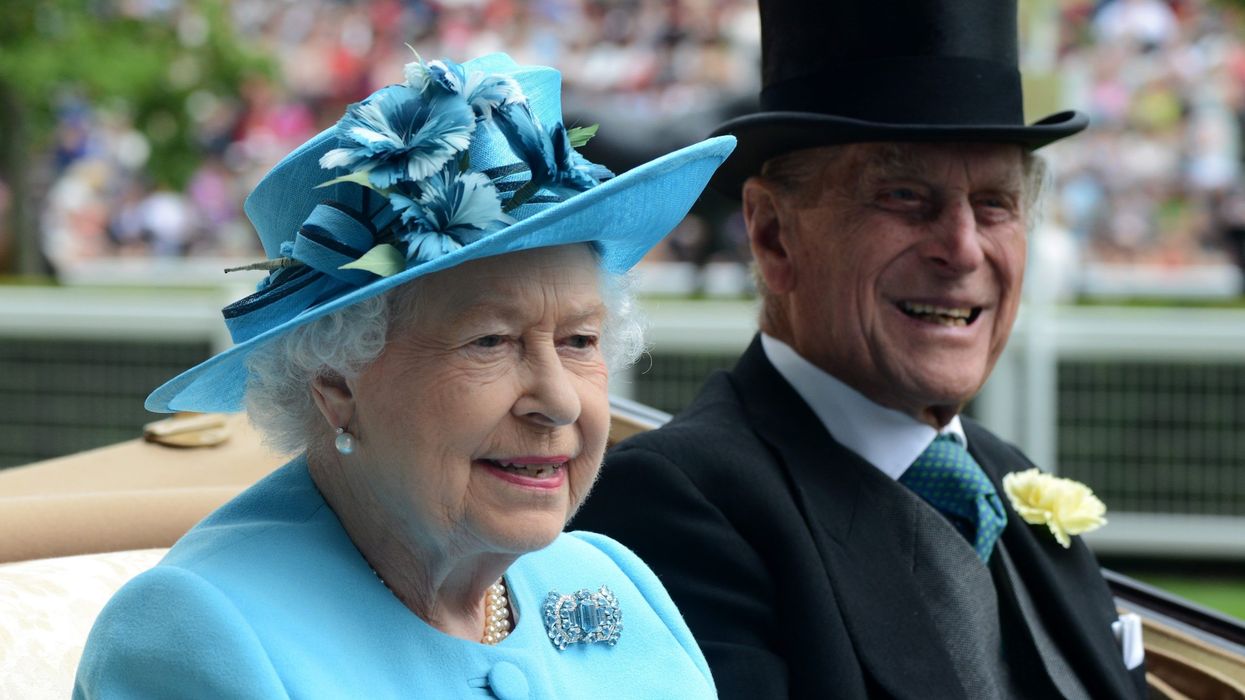By Lord Jitesh Gadhia
IN CONTRIBUTING to the debate [on Prince Philip’s legacy], I should like to give voice to the sentiments of the British Indian and wider British Asian community, who share fully in this moment of national loss and in giving thanks for a life of extraordinary public service.
The many moving tributes paid to Prince Philip have highlighted two recurring themes.
The first is his impeccable track record of ‘service and duty’ – in supporting the Queen, representing our nation and promoting the work of countless charities, especially the prolific Duke of Edinburgh’s Award scheme.
For the Indian community these attributes are easily recognisable as sewa and dharma. They are among the noblest of virtues for Hindus, Jains, Sikhs and Buddhists – faiths which share a common Vedic heritage.
Since last Friday (9), many of these communities in the UK have held their own special prayers in memory of Prince Philip. This reflects not only the affection in which the Prince and Her Majesty are held, but also the progress we are making towards a more cohesive society comfortable in expressing both our individuality as well as shared values.
The second recurring theme is Prince Philip’s unique wit and wisdom. His wry sense of humour, and quips helped break down barriers with those he met during his public duties. Although sometimes viewed as lacking tact or diplomacy, Prince Philip certainly didn’t lack authenticity.
Whenever I had the honour of interacting with Prince Philip, or seeing him in close proximity, I was always struck by the twinkle in his eyes. He had a star quality that could rival any Bollywood actor. Indeed, his four trips to India – three of them with Her Majesty – drew large crowds, as well as inevitably the odd controversy.
The pivotal role played by Lord Louis Mountbatten in mentoring Prince Philip doubled up by sensitising him to the complexity and importance of the Indian subcontinent, a region which represents the largest of the 53 Commonwealth countries, and collectively almost 70 per cent of its population.
Which leads neatly to my final observation. The aspect which many among the British Asian diaspora find most intriguing is the Duke’s personal background as a “refugee prince”. He was an outsider who came to this country with very little, and was a self-made young man before marrying into the House of Windsor.
These are circumstances which many migrant communities can relate to; as indeed they can to the charms and challenges of living in an extended family.
This background may well have explained why Prince Philip was so keen to reach out to other faith communities. His pioneering work on interfaith dialogue and linking this with topics such as business ethics or protection of the natural environment, are among his most important legacies. Among many notable interactions are the presentation of the Jain Declaration on Nature in 1990; the visit to the BAPS Neasden Temple in 1996 and the trip to the Golden Temple in Amritsar in 1997 – all of which have been remembered in recent days.
Across the UK and Commonwealth, we should all be grateful for the Duke of Edinburgh’s long and distinguished life of public service – it is doubtful we will see the likes of him again.
As the history of the second Elizabethan age is written, the role of Prince Philip will feature prominently, not only in supporting the monarch and representing his country, but also in reaching out to every section of society and embracing the wider Commonwealth family of nations.
Lord Gadhia was speaking in a House of Lords debate on Monday (12) paying tribute to Prince Philip.




